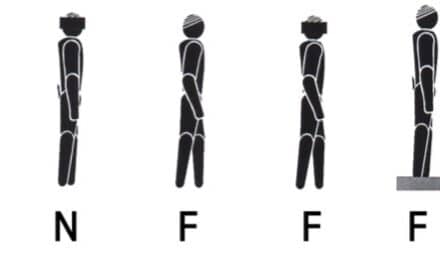Scientists at the Feinstein Institute for Medical Research have conducted the first longitudinal study of Parkinson’s disease using a brain scan to follow the disease’s brain network over time. The new Parkinson’s disease report—published by The Feinstein Institute—appears in an online version in the journal Brain, and will be published soon in a print version.
Parkinson’s disease, which causes tremors, rigidity and slowed movements in a million Americans, also targets another brain network that regulates cognitive thought and the ability to carry out everyday tasks.
David Eidelberg, MD, head of the Center for Neurosciences at The Feinstein Institute for Medical Research, and his colleagues measured and quantified this network of brain regions during a 5-year study of newly diagnosed Parkinson’s patients who agreed to be followed several times over the course of the study.
According to Eidelberg, the technology that now precise enough to diagnose the 2 brain networks—one that regulates movement and the other cognition—in individuals could be used to assess the degenerative disease process and the person’s response to treatments. The study also shows that the standard drugs used to treat Parkinson’s alter the areas that are involved in movement but not those that regulate cognition. The network that grows abnormal over time includes an called the pre-frontal cortex, known as the brain’s executive secretary; organizing, planning and carrying out tasks in order of importance. It’s the same region that is hard-hit in mild cognitive impairment, the precursor to Alzheimer’s dementia. But Eidelberg said that the symptoms in the 2 diseases are quite different.
Source: The Feinstein Institute for Medical Research



